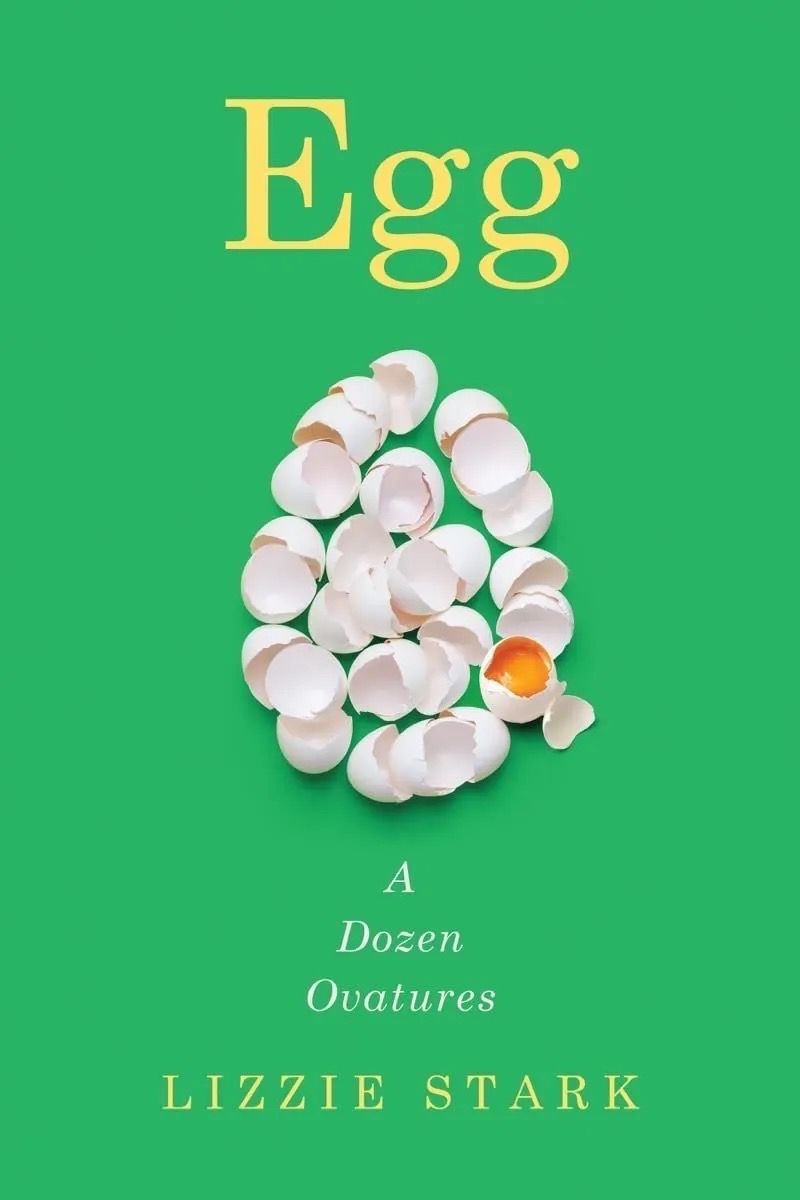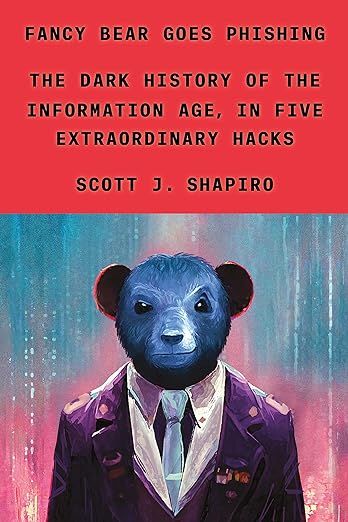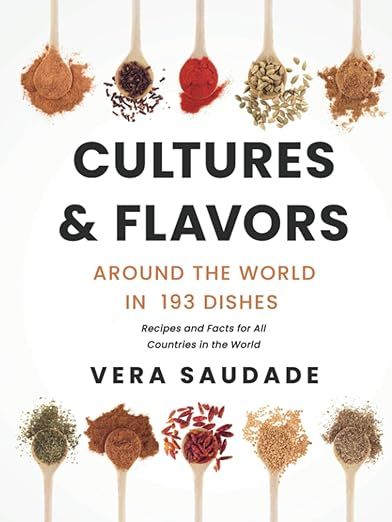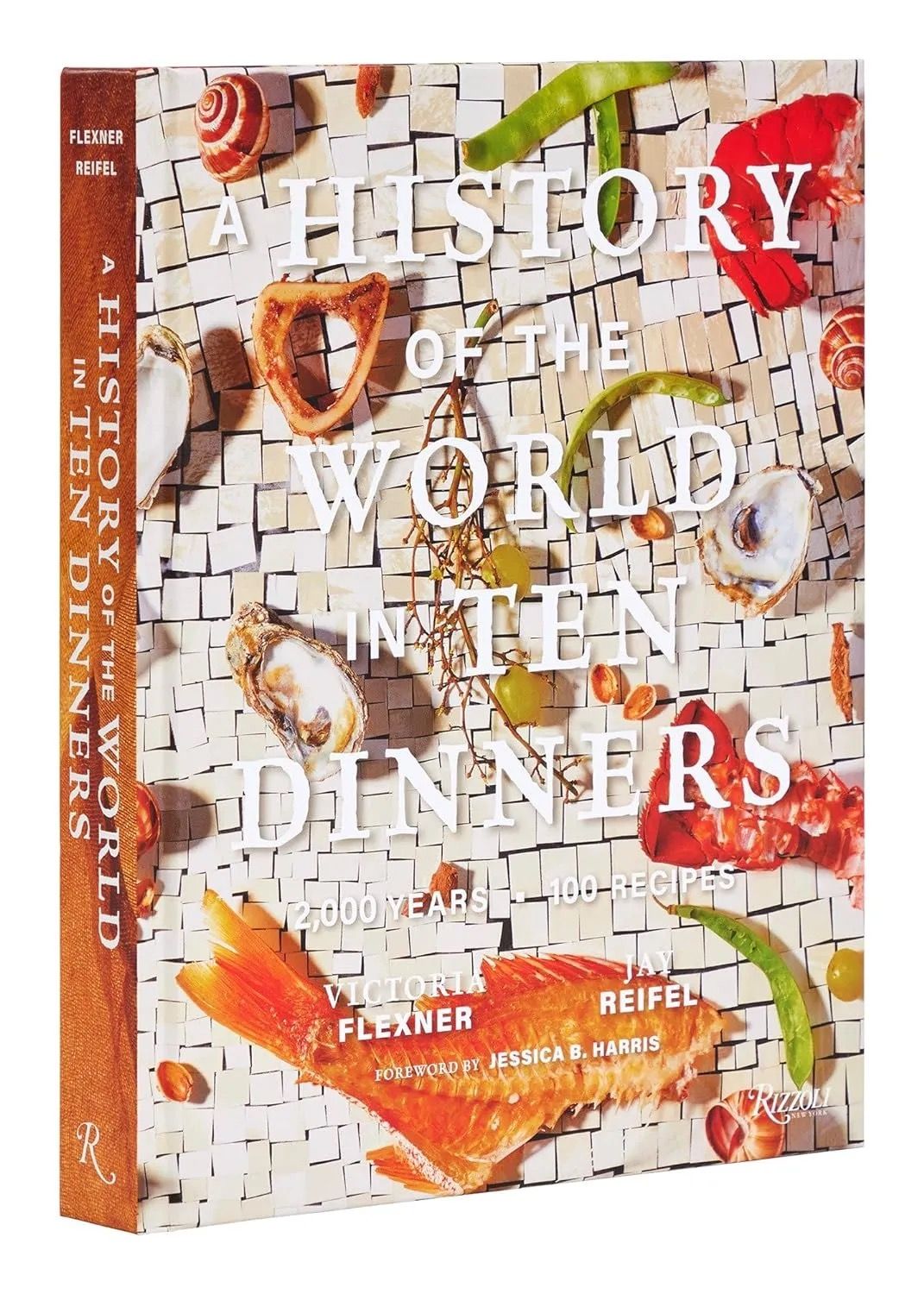For a reading dilettante like me, one kind of book catches my attention faster than any other. I need to know nothing about the author, subject, or publisher. If you put out a book with a titling scheme even close to “a history of [thing] in [x] things” I will consider reading your book.
It offers me the range of an encyclopedia but also the depth of expertise. It offers the reading cadence of a collection of short stories or essays, with a more sustained engagement of a history. I don’t really have to follow an underlying argument of overarching narrative: each entry tends to have a beginning, middle, and end. And then on to the next. This buffet-like quality leads me to try things I generally wouldn’t consider; after all, it is more a sampling than a smorgasbord, and more times than not, I end up serving myself much more than I would have thought.
The below represents my conscientious collecting of these kinds of books that came out in 2023. I have read many of them, plan to read several more, and would love to have time to get to all of them. A note: there are not as many books in this genre/format/conceit/premise from authors of color as we deserve. If you know of one that I missed, please do let me know at firstedition [at] bookriot.com.
In no particular order:
Nuts & Bolts: Seven Small Inventions That Changed the World in a Big Way by Roma AgrawalI am in the middle of this one, and in many ways, it is as close to the platonic ideal of what I want as any like this I have read. The author is expert writing at just the pitch I like: aware that I probably am not technical, but also giving me just enough credit that I don’t feel patronized. Also, the more mundane for me, the better. Everything can be interesting, and suddenly, finding something like lugnuts newly wondrous is a real reading gift. |

Egg: A Dozen Ovatures by Lizzie StarkThe other move you can make is to ever so slightly put your tongue in your cheek. It is a subtle line; I don’t want to feel like it is totally a gag. But if you can mix in an awareness that an effort like a book of essays on eggs could be, but you succeed in avoiding making it, precious, then all the better. Let me in on the yoke, as it were. |

Fancy Bear Goes Phishing: The Dark History of the Information Age, in Five Extraordinary Hacks by Scott J. ShapiroI generally don’t dive into books about current events, politics, or cultural trends: to my mind, long-form magazine journalism tends to hit the sweet spot between timeliness and depth more frequently. But if you can show me the underbelly of hacking and information by hanging the trenchcoat on five specific stories? You can have my username and password right now. |

Cultures & Flavors – Around the World in 193 Dishes: Recipes and Facts for all Countries in the World by Vera SaudadeThe History in [X Objects] also sugarcoats another pill I generally can’t get myself to take: cookbooks. I am, let’s say, an indifferent cook, but recipes/travel writing can sometimes work. Add in facts? Now we are on our way to me earnestly being interested in varieties of hummus. That I will never, ever, ever make. |

A History of the World in Ten Dinners by Victoria Flexner and Jay ReifelBut wait, what if you also added eating! My knife and fork are now out and ready. |
Click here to continue reading this free article via our subscription publication, The Deep Dive! Weekly staff-written articles are available free of charge, or you can sign up for a paid subscription to get additional content and access to community features.
Source : The History of [Thing] in [Number] Things: 2023 Microhistories








